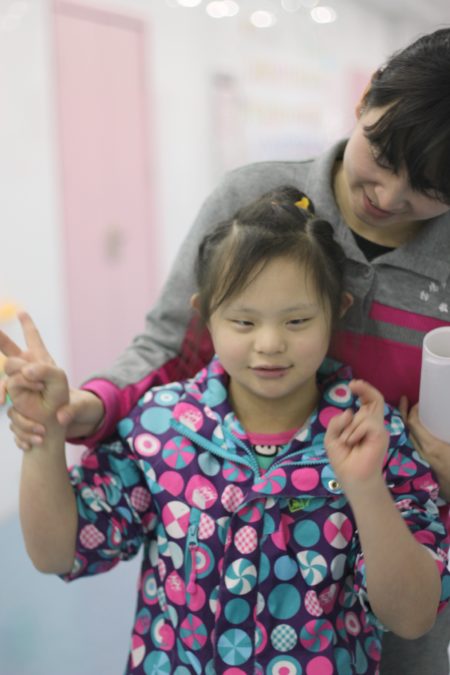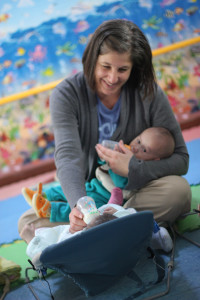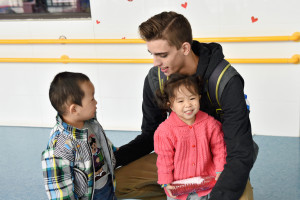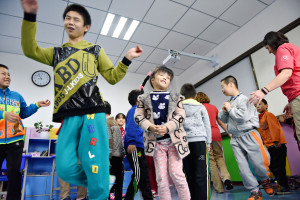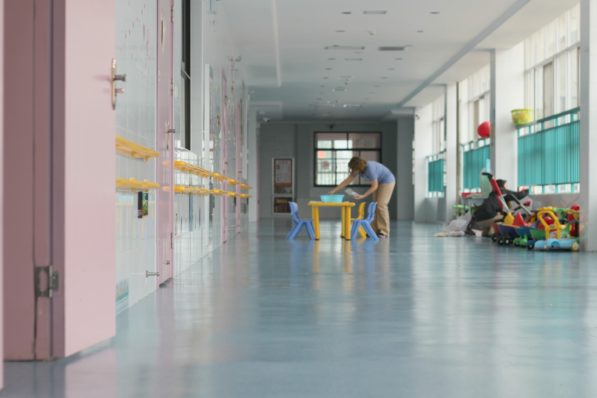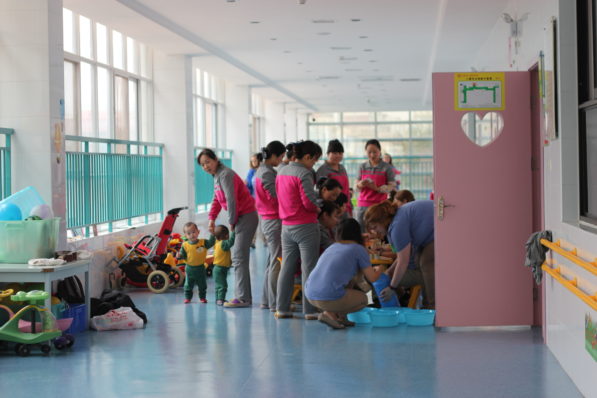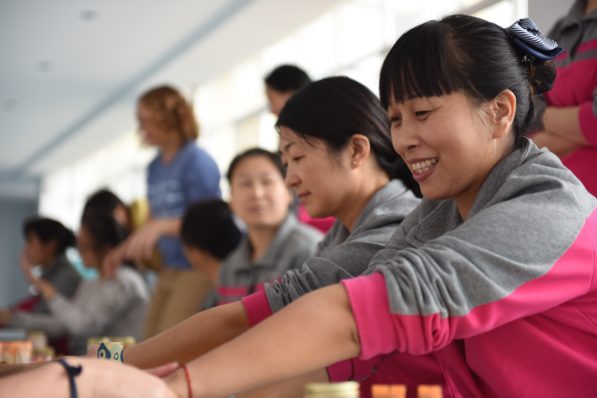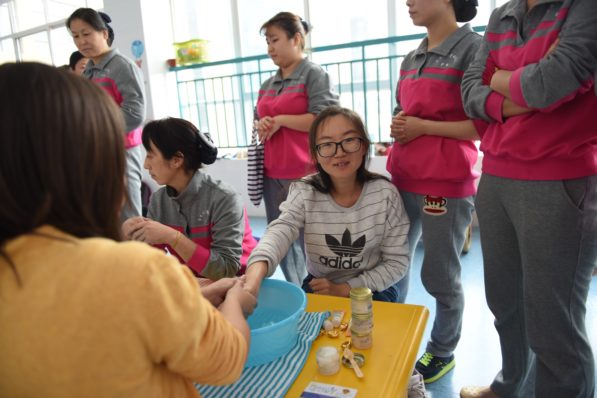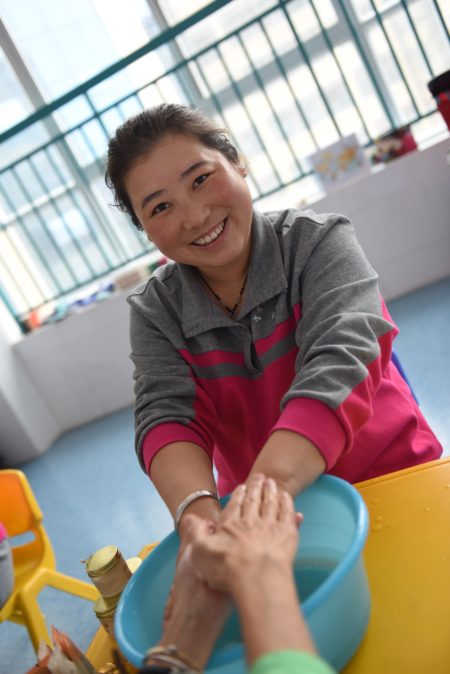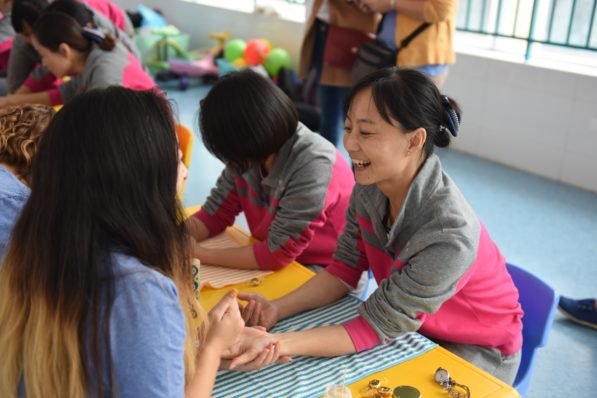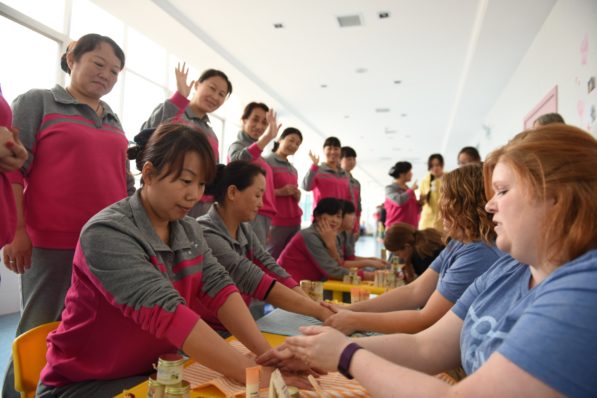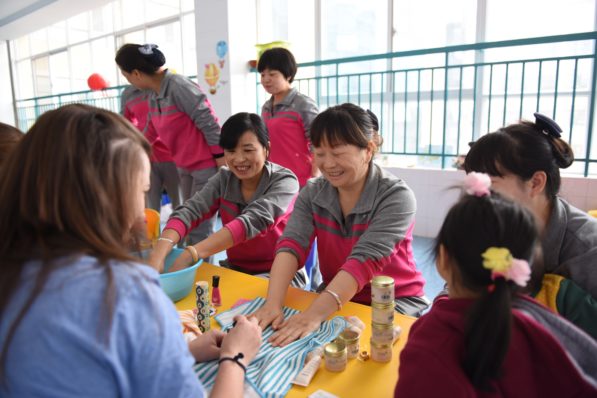I still remember her. She was the best. My 1st grade self loved her big smile and her early 80s old-lady perm. Everyday, she’d stand by the classroom door at the end of the day and hug each and every one of us. I was excited to go to school everyday because of her and her Mr. Rogers-ish ways. It’s a parents’ dream—a kid who loves school and has a teacher who showers their son or daughter with affection.
Except when it’s not exactly a dream.
Touch is a powerful thing. It can hurt tragically, and it can heal supernaturally. It makes neurons fire in our brain like the fourth of July. Touch is a remarkable God-given tool to build relationship and connection from the neighborly casual to the most intimate. And, it’s something our children who have had hard starts often have a hard time with. Some kids can’t get enough of it; some kids struggle to accept and receive it at all. And when they struggle with touch, we as parents struggle along with them.
When our kids are small, we can hold them, literally “wear” them, cosleep, guard those moments when we feel trust and connection can build. But, those small kids grow bigger and our strategies to help them give and receive appropriate physical touch have to grow with them.
A few weeks into the school year, what do you do when you realize your child has the warmest, sweetest preschool teacher in the world or the veteran 1st-grade teacher who has a poster above her desk that says FREE HUGS HERE? You thank God that your child got that teacher and that you know he or she is being taught by someone who cares about their heart and not just their brain. And, then, you might want to think about writing an email with a gentle request. Touch is important in the classroom; research and personal experience tell us so. But, high fives and fist bumps can do the trick and allow you to save those hugs and kisses for home.
Want a little jump start on that email? Here are two examples to get you started. The first is for the teacher of a child who goes after hugs and kisses from everybody; the second is for the teacher of a child who has a hard time giving and receiving affection. Copy and paste, switching out names and pronouns as appropriate. Or, simply let them be a starting point to create an email all your own. I’d love to read your final product, if you do. Send it to me; maybe yours will become the template for another family.
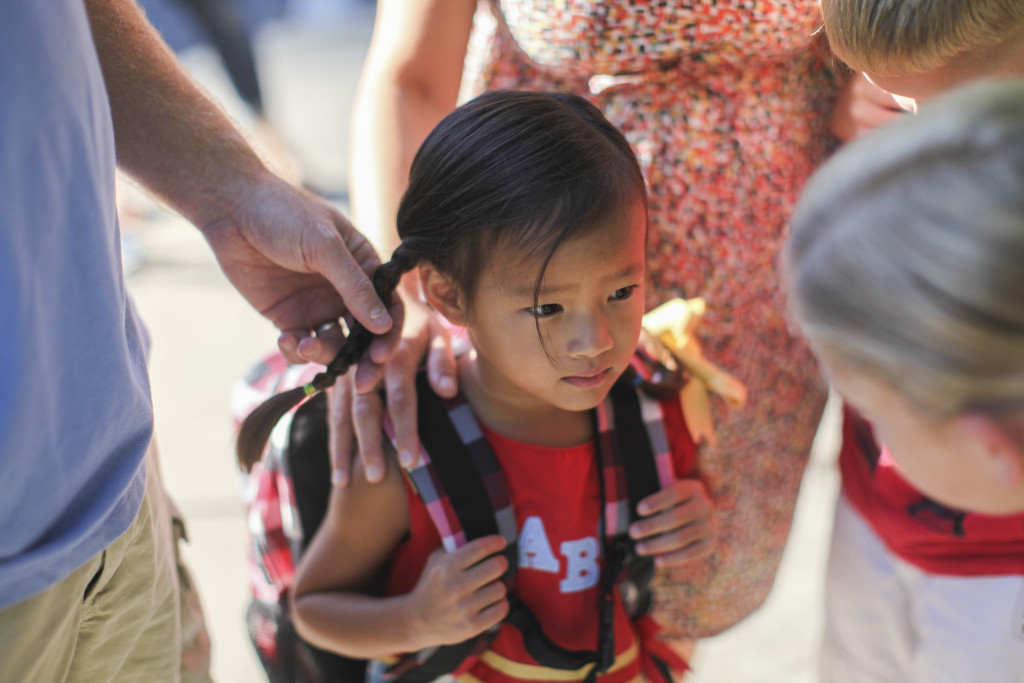
Regarding a Child Who Gives Indiscriminate Affection
Dear teacher,
We so appreciate you. You know how to successfully teach a child to do something he or she has not yet done before–which would be magic in and of itself. But, somehow, you manage to not only teach a child but teach him or her in a room full of children. Each one of those children learns in his or her own unique way. And, each child comes from a different place and brings his or her own unique needs into your classroom everyday. What you are able to do by teaching each child individually and the entire class corporately is nothing short of an everyday miracle. We don’t take that lightly!
On top of all that magical teaching stuff, we know you care about each child. You care about their stories. We can tell. We can tell when you look right into their eyes and greet them in the morning (that doesn’t go unnoticed). And, we can tell when Jenny talks about her day and quotes little things you said (yeah, she does that). She knows you care. And, that’s so so important to us as parents…really really important. It’s because we know you truly care that I’m reaching out today and asking you to do something for Jenny that may seem slightly counterintuitive.
Jenny had a hard start. Children who aren’t in safe families where big people take care of little people often learn strategies to get what they need. One of those strategies is physical affection. It makes sense really. Big people respond to little people when they put their arms up and when they want hugs or a kiss. It works. But, it isn’t right. Our job, as moms and dads, is to show our children that we’re the big people who will take care of them, that we’re not temporary, we belong to them and we belong with them. Some days, John and I send that message well to Jenny and she receives it well. Other days, it’s a real struggle on both sides.
Would you be willing to help us in all this as you have Jenny in your care? It would be really helpful if you would partner with us to teach her that there are better, safer strategies than physical affection to get what she needs. At home, we are working on teaching her that we are always available and willing to give hugs and kisses but if there’s something she needs, she use words and simply ask for it. She often hears, “You know, if you need something, all you have to do is ask!” Another thing we have tried to teach is that hugs and kisses are for family, and high fives and fist bumps are for everyone else. We want to guard hugs and kisses as best we can so she learns boundaries and sees them as a “family thing.” So, can I ask you to do something that may feel a little strange at first? When she reaches out to hug you–as I expect she will–can you redirect her with a high five or a fist bump?
We want her to continue to feel the care from you that she has been because that’s important. We want her to know that we’d never send her somewhere we didn’t think was safe and that we trust you to take good care of her and teach her well. We know touch is a great way for her to experience that care. But, I truly believe that she’ll get it through the high five or fist bump paired with the consistency and personal attention that we know she is getting from you.
Let us know what you think as you find time to respond. We would love to keep the lines of communication open so that you are not only partnering with us, but we are partnering with you.
-Jenny’s mom
Regarding a Child Who Struggles to Give and Receive Physical Affection
Dear teacher,
We so appreciate you. You know how to successfully teach a child to do something he or she has not yet done before–which would be magic in and of itself. But, somehow, you manage to not only teach a child but teach him or her in a room full of children. Each one of those children learns in his or her own unique way. And, each child comes from a different place and brings his or her own unique needs into your classroom everyday. What you are able to do by teaching each child individually and the entire class corporately is nothing short of an everyday miracle. We don’t take that lightly!
On top of all that magical teaching stuff, we know you care about each child. You care about their stories. We can tell. We can tell when you look right into their eyes and greet them in the morning (that doesn’t go unnoticed). And, we can tell when Jenny talks about her day and quotes little things you said (yeah, she does that). She knows you care. And, that’s so so important to us as parents…really really important. It’s because we know you truly care that I’m reaching out today and asking you to do something for Jenny that may seem slightly counterintuitive.
Jenny had a hard start. Children who aren’t in safe families where big people take good care of little people are affected in significant ways. One of those ways is in giving and taking in affection. It makes sense. When a child hasn’t experienced safe and sufficient nurturing as a baby, closeness can be really hard. It can make them feel vulnerable and threatened. We’ve been working on that as a family, practicing giving and receiving hugs and kisses. And, we’ve celebrated a lot of growth there. But, we’ve always been very careful, intentionally guarding that closeness, reserving hugs to family only and practicing the exclusivity of our family, something Jenny, unlike most children who have not experienced a hard start, needs to learn.
We are excited to have her a part of your class this year, but we’re also a little anxious. We are concerned that as we widen her circle, the small but significant successes we’ve seen may be hindered. Would you be willing to help us in all this as you have Jenny in your care? Would you be willing to reinforce what we have been working so hard for at home? One way you could do that is by not giving her hugs or kisses; they’re a “family thing.” We do want her to trust other caregivers who we trust and build appropriate connections there. We aren’t opposed to touch; we know touch is important to connection. But, high fives and fist bumps are best for her (and they’ll go a long way with her!). Hugs and kisses are for family, for people you love; high fives and fist bumps are for everyone else, people you like and who like you. That’s what we want her to learn–which is way more important to us than all the letters and numbers combined.
Let us know what you think as you find time to respond. We would love to keep the lines of communication open so that you are not only partnering with us, but we are partnering with you. If you have questions, we welcome you to ask. I can’t promise I’ll have an answer for you, but I’ll do my best to find one as I know you are doing for my child and the rest of her class.
-Jenny’s mom
____________________________________
Kelly founded The Sparrow Fund along with her husband Mark in 2011. She works alongside Mark in his full-time purposeful work in China and works part time as a therapist at the Attachment & Bonding Center of PA, Kelly has a particular interest in (a) encouraging parents who are struggling to attach with their children, (b) helping parents walk with their children in understanding their own stories, (c) helping couples continue to pursue each other and grow together while they parent their children as a team, and (d) training and supporting orphanage staff in China to build relationships with children and each other. Kelly and Mark have been married since 1998 and have 3 biological children and 1 daughter who was adopted as a toddler from China in 2010. You can learn more about their journey on Kelly’s blog.
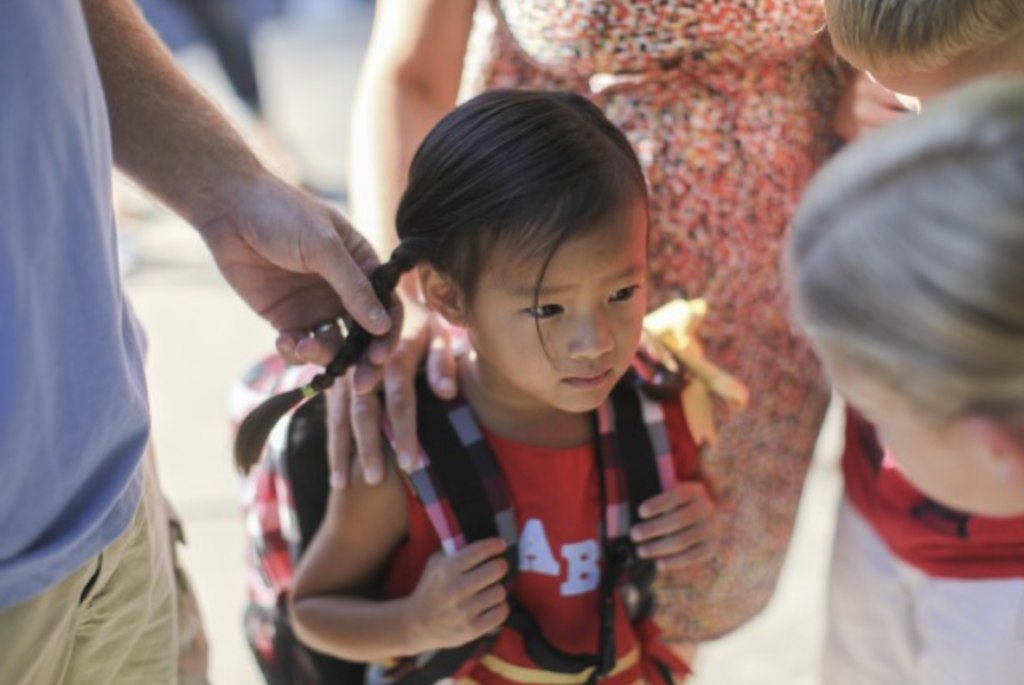

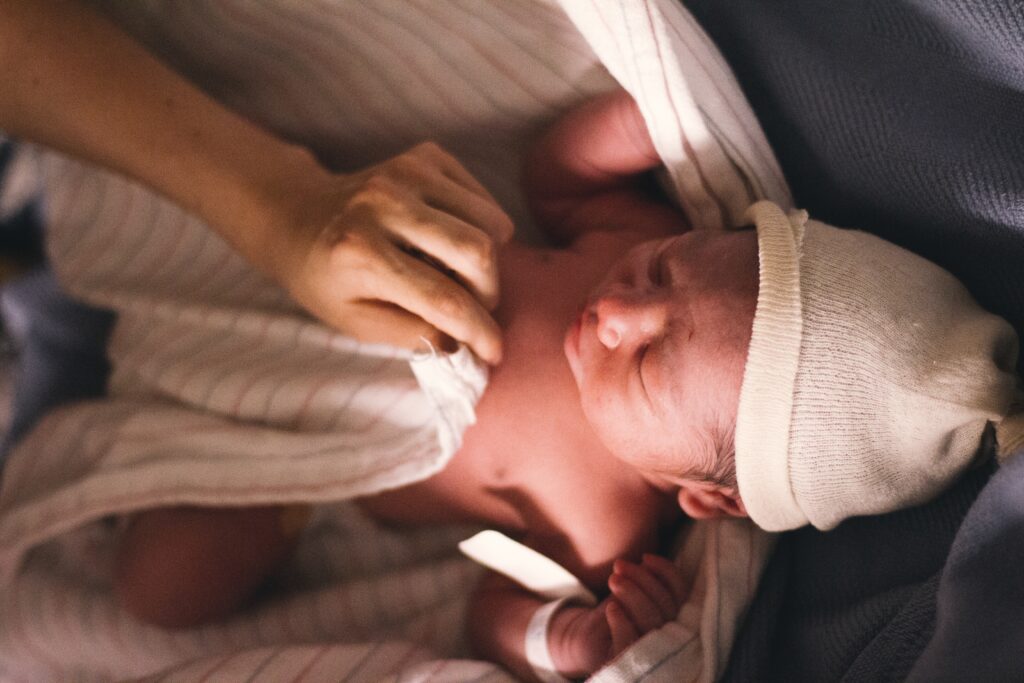
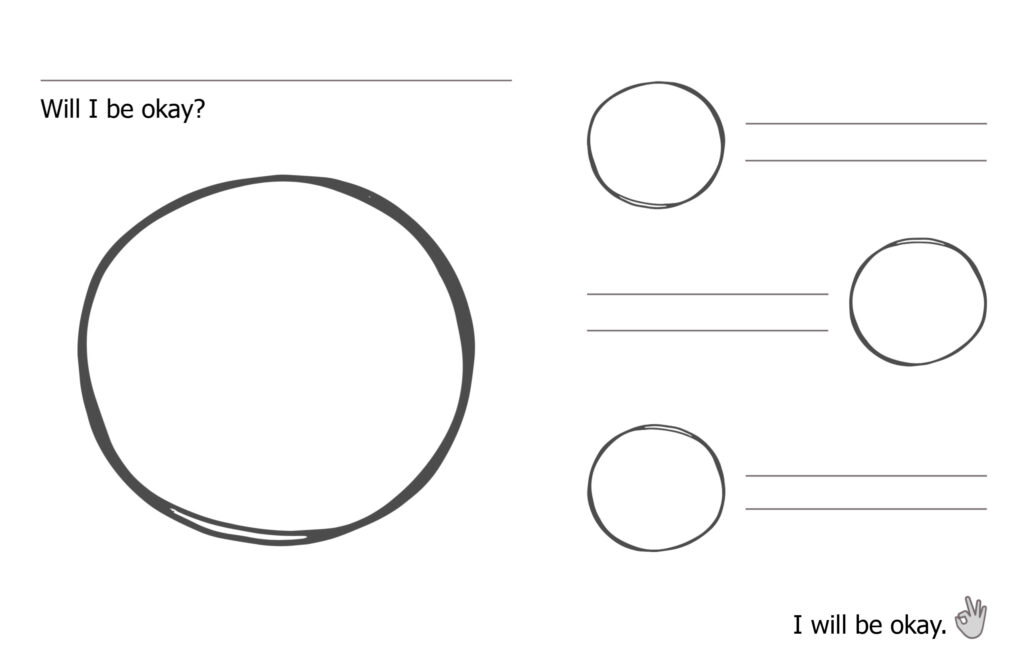
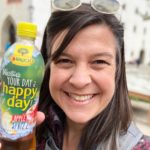 Kelly Raudenbush founded The Sparrow Fund along with her husband Mark in 2011 and launched
Kelly Raudenbush founded The Sparrow Fund along with her husband Mark in 2011 and launched 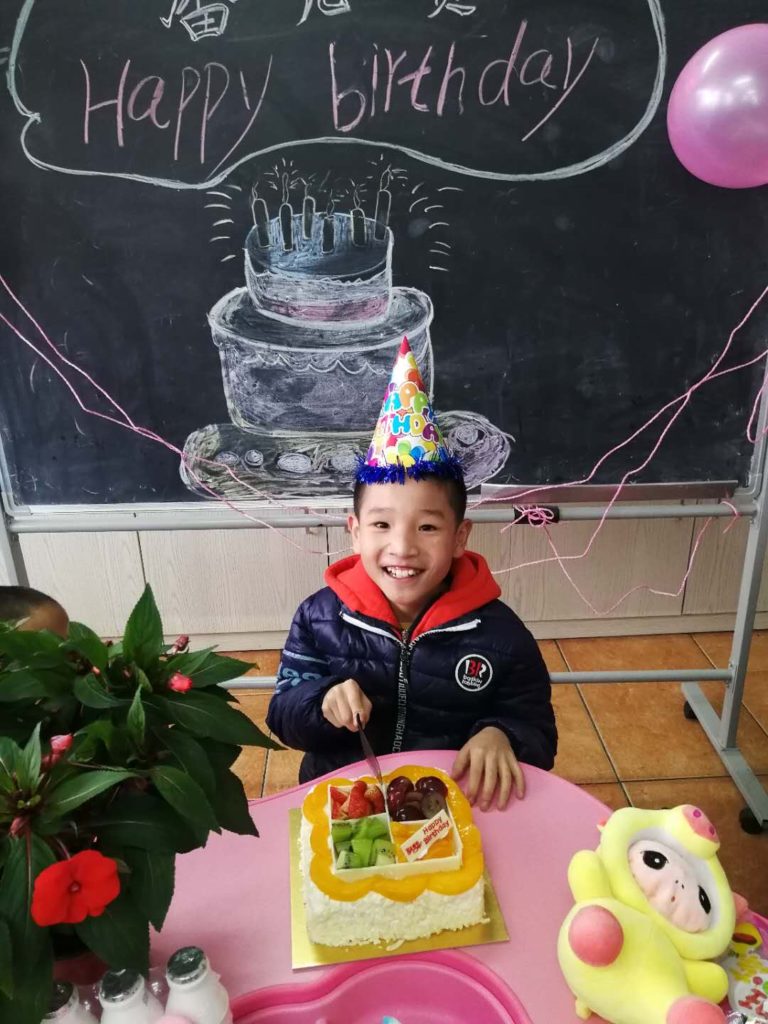
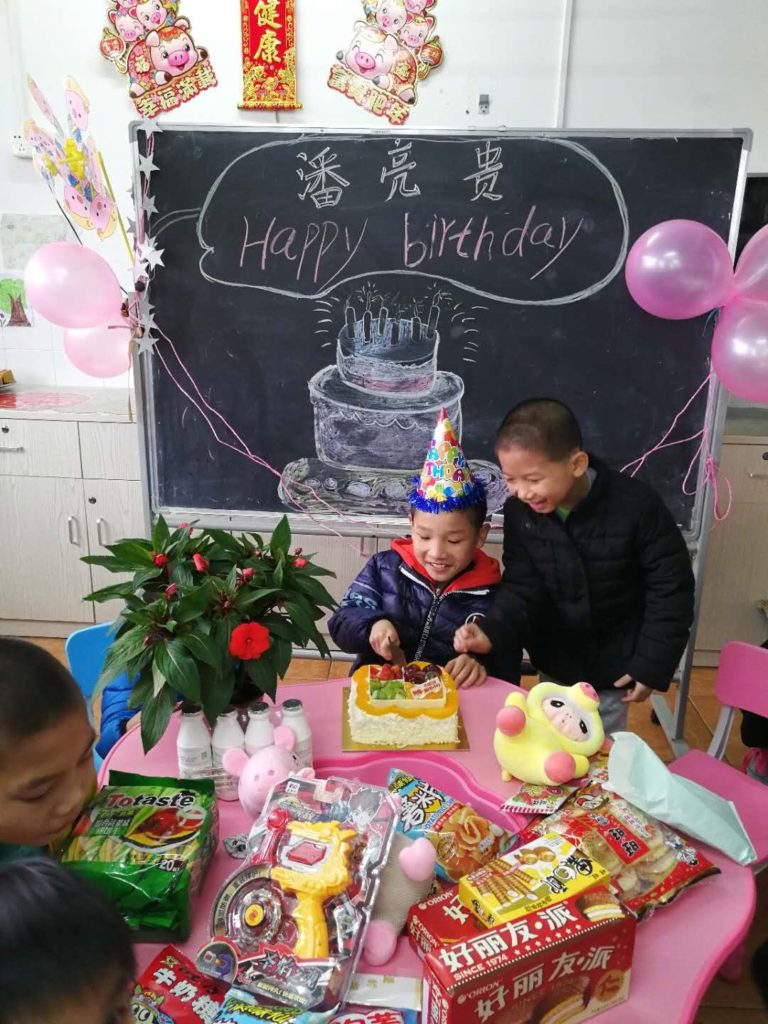
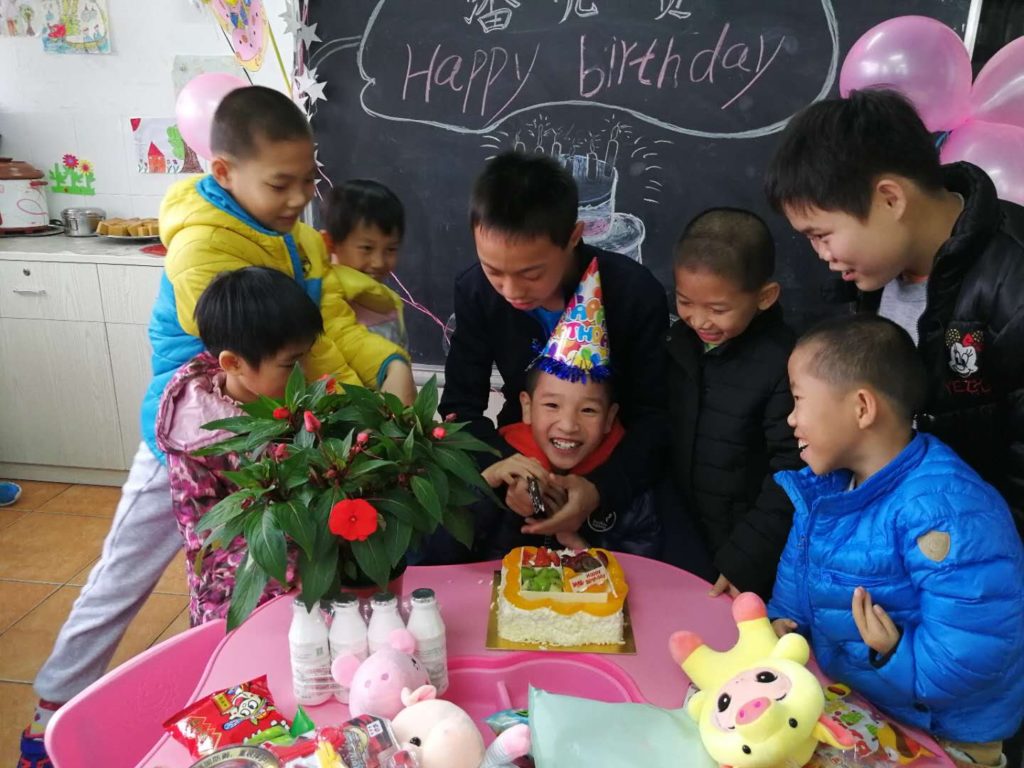
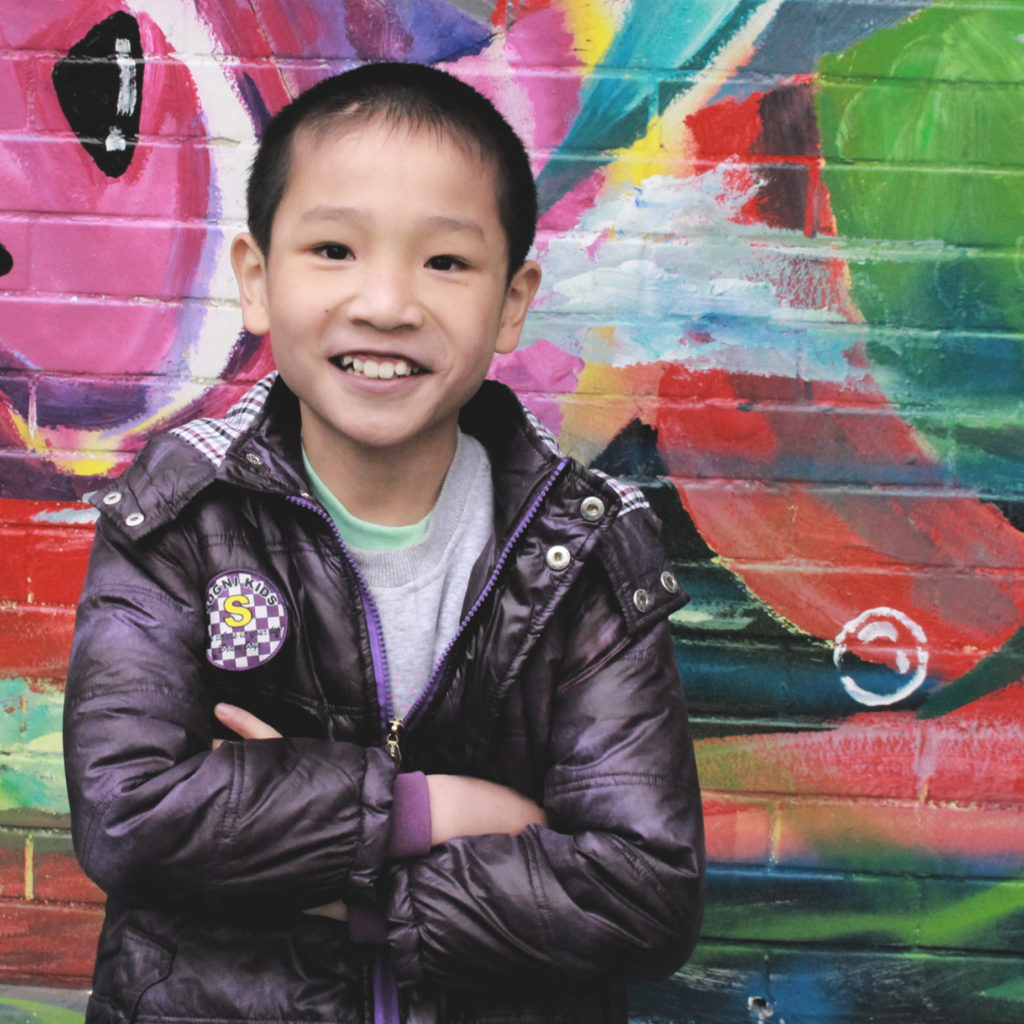
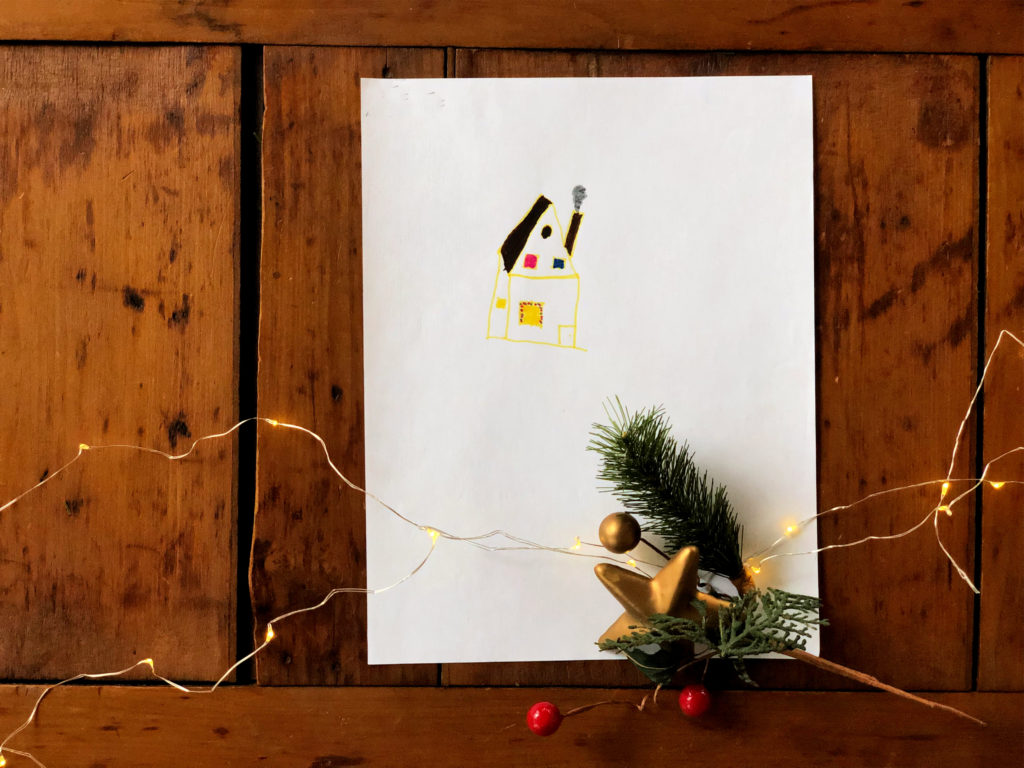
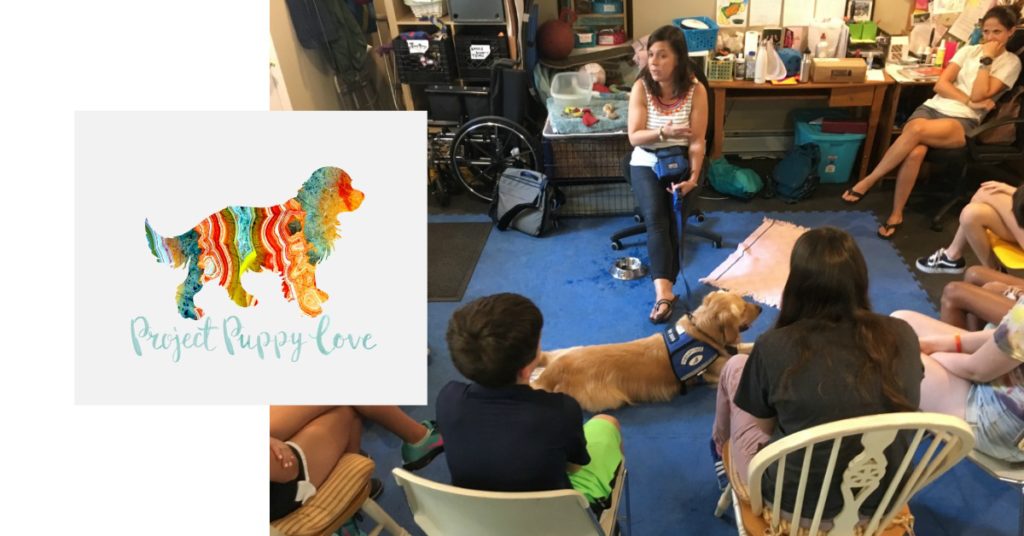
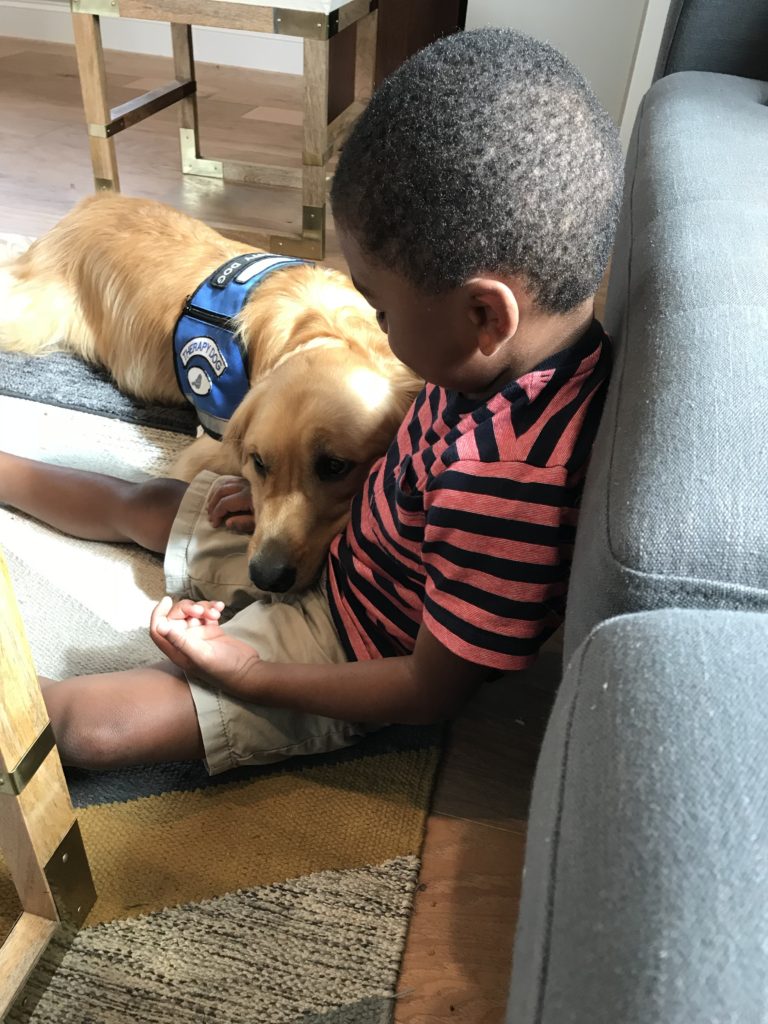
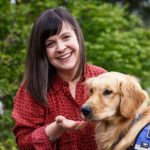 Kelly Raudenbush founded The Sparrow Fund along with her husband Mark in 2011. In addition to serving families through The Sparrow Fund, Kelly works part time as a therapist at the
Kelly Raudenbush founded The Sparrow Fund along with her husband Mark in 2011. In addition to serving families through The Sparrow Fund, Kelly works part time as a therapist at the 
